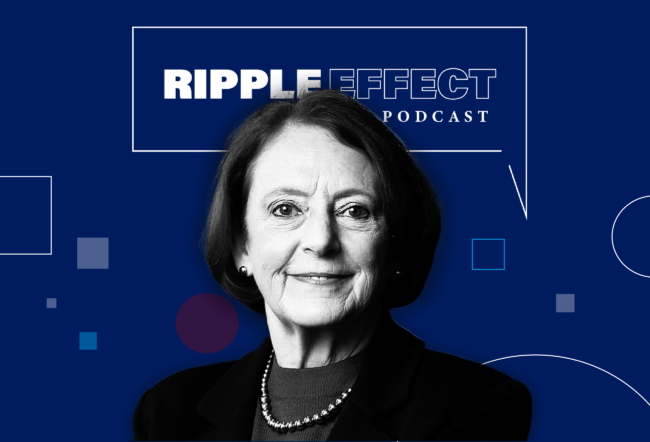Five Takes on Creative Leadership
How do you lead an increasingly diverse, creative and eclectic workforce? It’s a question that senior executives at this month’s Wharton West Leadership Conference tried to answer based on their own leadership experiences. In the following stories, Knowledge at Wharton reports on presentations by Michael Crooke, president and CEO of Patagonia; Anne Livermore, executive vice president of Hewlett-Packard; Vivek Paul, vice chair and president of Wipro Technologies; and Brent Assink and John Goldman, executive director and president, respectively, of the San Francisco Symphony. This section also includes coverage of a recent talk at Wharton on leadership by Don W. Blair, vice president and CFO of Nike, and an article on corporate governance — as discussed among participants in the 2005 World Economic Forum in Davos — by management professor Michael Useem. Useem is head of Wharton’s Center for Leadership and Change Management, which hosted the conference along with Wharton’s Center for Human Resources and Wharton Executive Education.
HP and Patagonia: Two Similar, Yet Different, Leadership Styles
Patagonia, Inc. is privately held, makes high-performance outdoor and sports apparel, employs 1200 people, and has annual revenues of about $240 million. Hewlett-Packard ranks eleventh among the Fortune 500, provides a variety of computer products and services, employs 150,000 worldwide, and boasts revenues of $80 billion. Other than the fact that both are headquartered in California, what could they possibly have in common? Speaking at a Wharton West conference on leadership, Patagonia president and CEO Michael Crooke and HP executive vice president Ann Livermore proved that developing leadership has some common themes, regardless of an organization’s type or size.
Wipro: Leadership in the Midst of Rapid Growth
As vice chairman of the Indian conglomerate Wipro and CEO of Wipro Technologies, Vivek Paul took the global information technology company from $150 million in 1999 to its current $1.3 billion, representing about 75% of the corporation’s total income. Speaking at a recent Wharton West Leadership Conference, Paul shared his thoughts on leading an organization as it goes through such rapid growth, not only in revenue but in employees.
San Francisco Symphony: Innovation Despite the Odds
Imagine leading an organization whose most highly skilled white-collar employees are controlled so rigidly that they are told exactly how to perform their sophisticated tasks; how to hold their bodies while doing so; when to take bathroom breaks; even how to dress, with no individuality permitted and no personal feedback given. Yet you are expected to lead and foster creativity in this hierarchical, tradition-bound and “corporate” environment. That is precisely the challenge faced by leaders of the 93-year-old San Francisco Symphony, and every other American orchestra of its size, SFS executive director Brent Assink and board president John Goldman told participants in Wharton West’s recent Leadership Forum.
Just Do It: More than an Athletic Prescription
When one thinks of Nike, the ubiquitous swoosh and the “Just Do It” slogan spring to mind, conjuring up images of will-driven athletes moving with astonishing speed and seeking to achieve what was thought to be impossible. “‘Just Do It’ is a corporate attitude too,” said Nike vice president and CFO Don W. Blair in a recent talk at Wharton. From Nike’s early days in 1968, when cofounders Bill Bowerman and Phil Knight sold running shoes from a car trunk, to its current position as the leading athletic and fitness company worldwide, the corporate side of Nike has tried to reflect the same freewheeling philosophy that its slogan promotes. Part of that effort, Blair told his audience, includes a sometimes unusual approach to leadership.
Global Governance: The View from the 2005 World Economic Forum in Davos
The establishment of good governance is crucial for companies as well as countries, and it must become a major priority. Recognizing this reality, CEOs and political leaders at the World Economic Forum held last month in Davos paid considerable attention to this issue. Michael Useem, director of Wharton’s Center for Leadership and Change Management, who moderated a workshop on the subject at the Forum, provides an inside view of the discussion.



